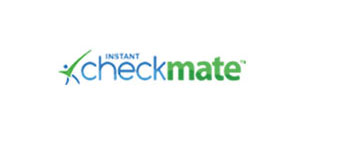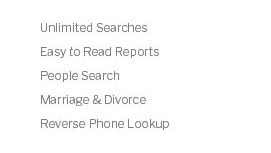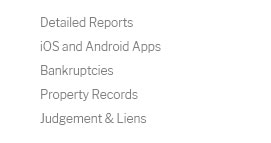 |
 |
|---|
|
|
|---|
 |
 |
 |
 |
|---|---|---|---|
 |
 |
 |
|
 |
|||
 |
 |
 |
|
 |
|||
 |
 |
 |
|
 |
|||

public records license plate search explained for informed decisionsWhat a public records license plate search can-and cannot-revealA public records license plate search typically aggregates vehicle-related records, such as title history, salvage or flood events, manufacturer recalls, and recorded liens. It should not expose the owner’s personal identity or contact details absent a permissible purpose under laws like the DPPA and comparable state statutes. Think of it as a way to validate a car’s background rather than a tool for uncovering private data. How to approach searches responsiblyBefore you search, define your lawful purpose, obtain consent where appropriate, and prefer official sources or duly authorized providers. Keep documentation of why the search was conducted, verify results against multiple records, and respect opt-outs and local retention rules.
Common limitations and red flagsGaps in mileage, mismatched VINs, or repeated title transfers may indicate risk; anonymity promises or “owner lookups” often signal noncompliant services. When to consult a professionalFor complex transactions, engage a licensed investigator or attorney to ensure compliance and interpret nuanced record discrepancies.
|
|---|